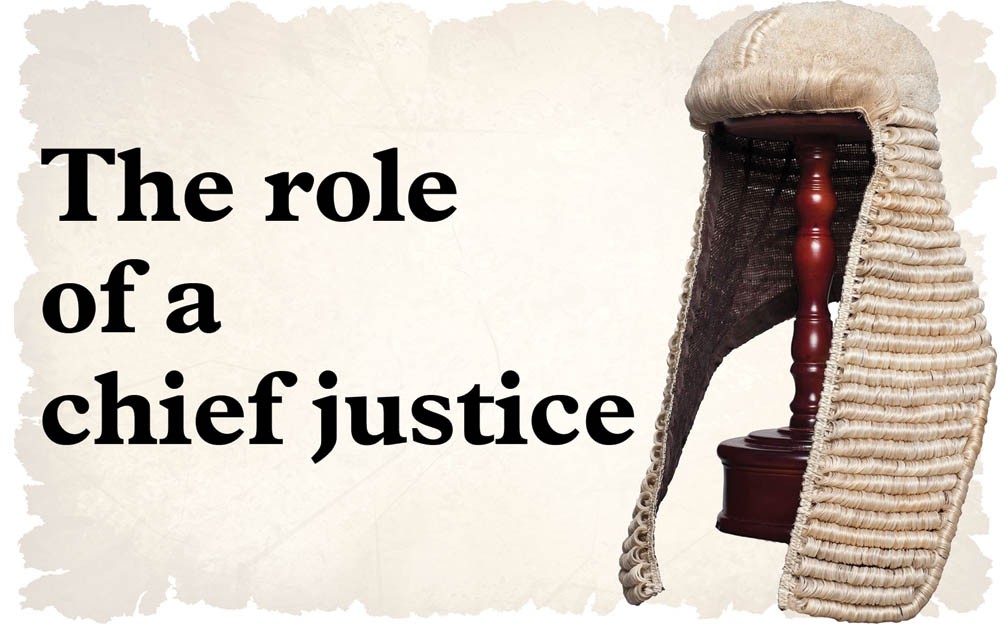

A new Chief Justice of Pakistan (CJP) has taken oath and begun his term in office. This is perhaps the best time to start a debate on what should be the role of a chief justice. The chief justice here does not only refer to the CJP but also to the chief judges of high courts whose powers are mixed up with those of the CJP, especially in ordinary people’s minds.
What are the exact powers and status of the chief justices of superior courts and how must they exercise these powers? This must now be openly discussed in order to prevent the overreach that has been witnessed recently. The populism or judicial activism of a chief justice has a strong bearing both on the country’s politics and the principle of separation of powers. It must, therefore, be used with caution and restraint. In a fragile democracy, the conduct of judiciary becomes even more crucial; its transgression into executive and legislative domains is likely to leave these institutions in a weaker state than before.
It appears the lesson is not yet learnt, with many chief justices in the last decade or so having fallen into the ‘saviours’ trap -- that judiciary under their guard can fill the gaps of a dysfunctional executive; that the ‘corrupt’ legislators cannot be trusted; and that the courts alone must interpret the constitution in its right spirit.
This inevitably leads to questions about the much-needed judicial reform. Is judicial reform a judicial or an executive function? In whose jurisdiction does lower judiciary fall? The desire to be the messiah leads the CJP to interfere in what is decidedly the high court chief justices’ domain.
Some major problematic areas are case pendency and hence case management, and the power of the chief justice to constitute benches. The results, far from satisfactory, have been discussed at length in today’s Special Report. It also critically looks at the insularity of judiciary as an institution, drawn from the office of the chief justice, and manifested in the appointment and removal of judges.
Also read: The role of a chief justice
All said and done, there is no real scope to hold a chief justice to account except through their own code of conduct, which clearly is not working at the moment, and by listening to sensible and credible voices from within the legal fraternity and the society at large. Some of these voices can be heard in today’s Special Report